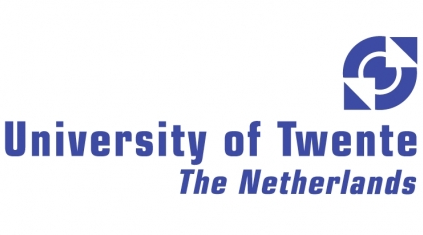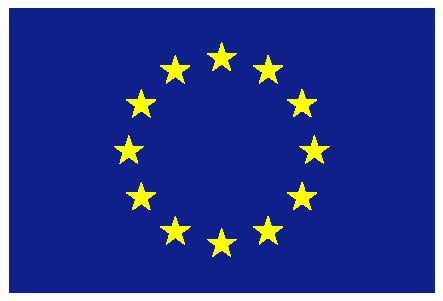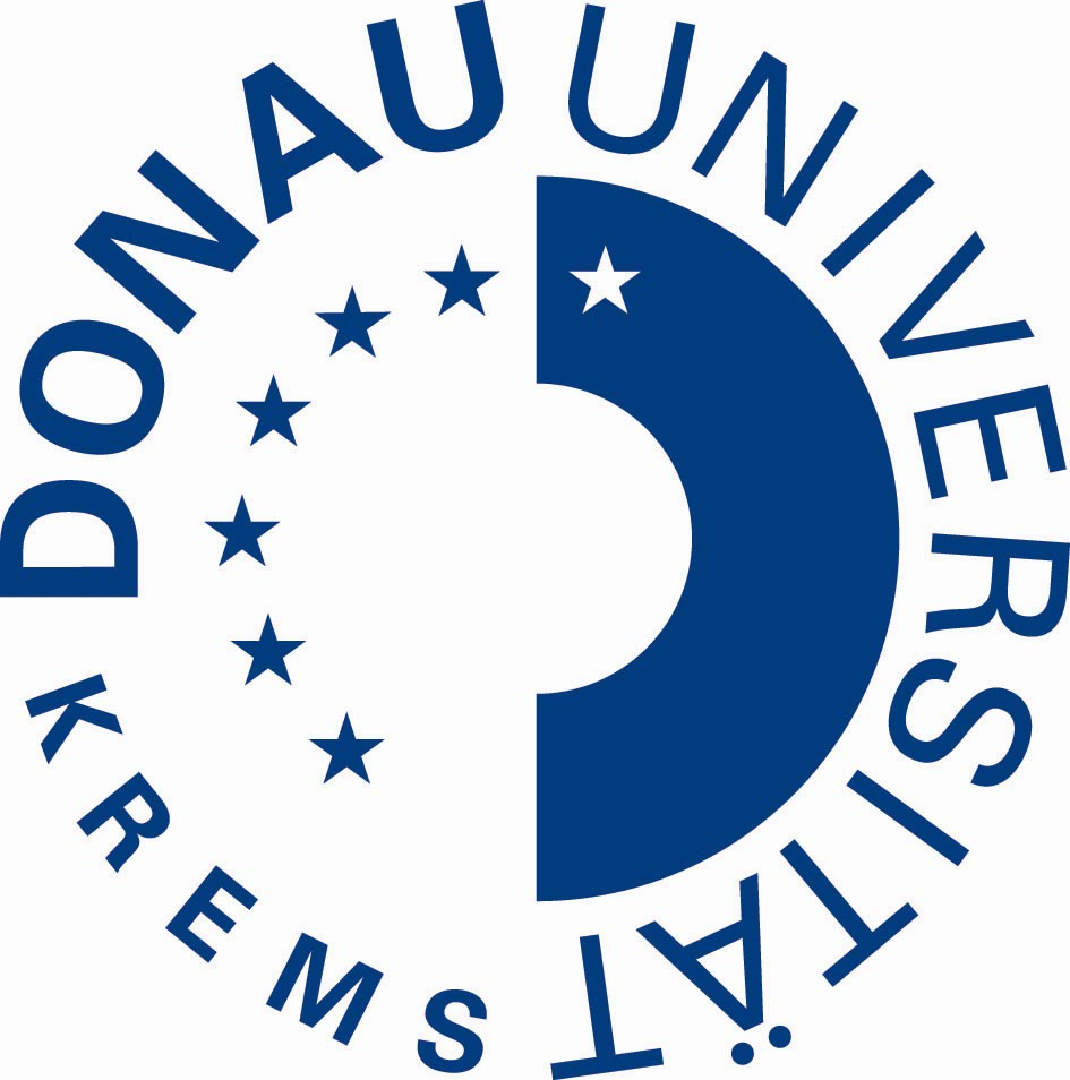| Sun | Mon | Tue | Wed | Thu | Fri | Sat |
|---|---|---|---|---|---|---|
| 1 | 2 | 3 | 4 | |||
| 5 | 6 | 7 | 8 | 9 | 10 | 11 |
| 12 | 13 | 14 | 15 | 16 | 17 | 18 |
| 19 | 20 | 21 | 22 | 23 | 24 | 25 |
| 26 | 27 | 28 |
TWENTE (University of Twente)
The Faculty of Geo-Information Science and Earth Observation (ITC) at University of Twente was established as an autonomous institute in 1950. It is the oldest and largest international education institute in the Netherlands with presently well over 20.000 alumni. In 2010, ITC became the Faculty of Geo-information Science and Earth Observation of the University of Twente which has 3,300 staff members and 10,000 students with 900 registered at ITC.
ITC’s mandate is international education and capacity building and institutional development in countries that are economically and technologically less advanced. This is ITC’s core business. ITC’s activities concentrate on the application of geo-information tools and techniques applied to different fields such as natural resource management, urban planning, land administration or disaster management. In this field, ITC offers some 40 different specialisation courses, at professional master, MSc and PhD levels, but also short and tailor-made diploma courses. The educational system is international and geared primarily towards mid-career professionals and scientists from developing countries. Courses are offered in a number of different modalities depending on the level of education and target audience.
The Department of Urban and Regional Planning and Geo-Information Management (PGM) is responsible for developing capacity of organizations that are involved in the field of geo-information management for multi-level governance of urban regions. People, Land and Urban Systems (PLUS) is the core research theme of PGM. People, either as government planners, decision makers, policy makers or citizens are the primary users and participants in PLUS research. PLUS is concerned with providing government and citizens with appropriate information, participatory tools and land & urban information systems to manage and develop urban regions and natural resources sustainably. Spatial, environmental, economic, and social sustainability and participation are central concepts in the PLUS research theme.

